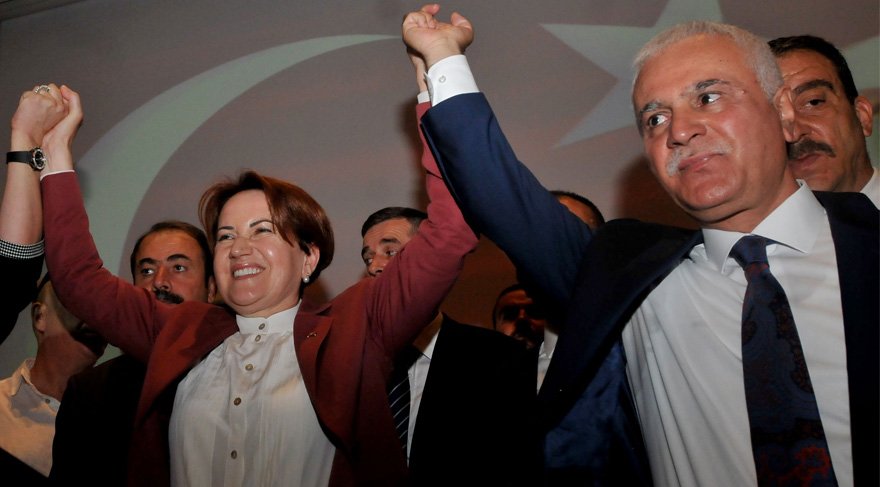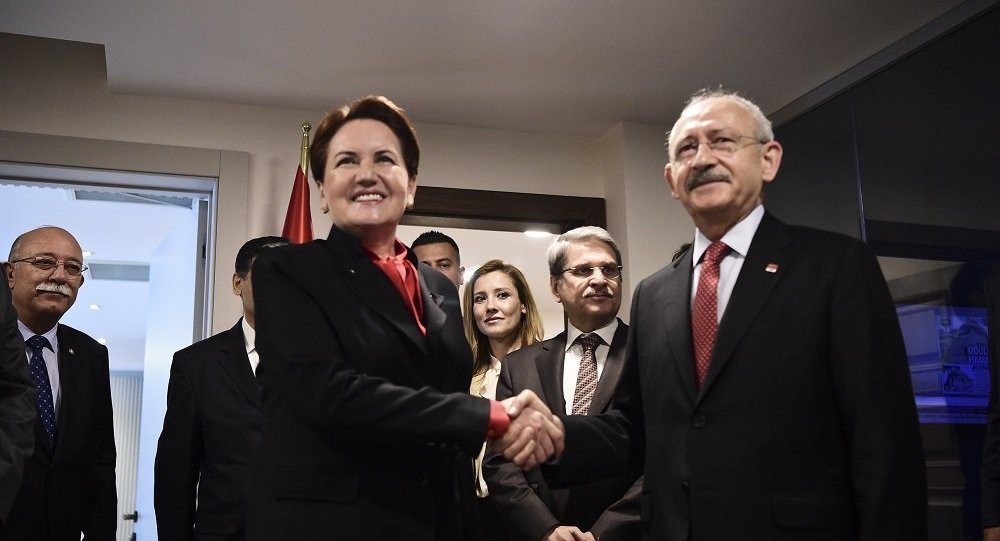Crisp timing has always been a defining mark of success for a new Turkish political party.
Strong examples are today’s governing AK Party, which rode a wave of widespread anger at political mismanagement by launching just months after the economy crashed in February 2001, and the pro-Kurdish HDP, which capitalised on Selahattin Demirtaş’s unexpectedly strong showing in the 2014 presidential election.
History shows that the right combination of timing, strong personalities and good policies can appeal to Turkish voters.
But you do need all three ingredients. AK wasn’t the only outfit that tried to capitalise on the 2001 crash – remember Ismail Cem’s centre-left New Turkey (YTP) party? The charismatic former foreign minister briefly generated strong media sympathies and captured the public’s attention after splitting from Turkey’s restive coalition government.
But Cem failed to convince the distinguished economy minister, former World Bank chief Kemal Derviş, to join him. There was also precious little about what the party’s plans were for ordinary, often impoverished Turks. The YTP took a mere percentage point at the general election and eventually disappeared.
A New Hope
Where Cem’s YTP failed, the AK Party succeeded. Popular disgruntlement, big political names and the promise of widespread prosperity helped propel Recep Tayyip Erdoğan’s outfit to government.
Many people believe the team led by Meral Akşener, a conservative former interior minister, could be the latest example of political punctuality – the much-vaunted fifth major party in parliament.
The ingredients of Party Five appear to be taking shape. Public disgruntlement in Turkey is widespread, as evidenced by the millions who opposed proposals to grant Mr Erdoğan sweeping new powers in April’s referendum. Turkey’s economy is stagnating and its civil liberties have been more repressed than they have been in decades.
A New Transfer
In terms of personalities, Ms Akşener’s top team so far includes rebels who were ousted from Turkey’s main nationalist party, the MHP. On Tuesday she announced the signing of veteran nationalist Koray Aydın, a former deputy speaker in parliament.
It’s a star signing and it’s clear a deal has been struck, because it was left to Mr Aydın to tell FOX’s breakfast news programme on Wednesday morning that Ms Akşener would be Party Five’s candidate to rival Mr Erdoğan at the next election in 2019.
Mr Aydın’s role in the outfit is not clearly defined, but he is sure to spend a lot of time building its network of local branches and activists across the country.
But no diversity
Therein lies one of the two problems facing Party Five: it has so far drawn its membership only from disillusioned MHP folk. There are mutterings of senior defections from the governing AK Party and these are vital. The combined force of Turkey’s opposition parties alone is not enough to defeat Mr Erdoğan; the 2015 general elections showed conservative, pious voters need to be given a reason to switch sides.
And that is the second issue facing the unnamed fifth party: policies. Aside from positioning herself as a centre-right alternative for government, Ms Akşener has not said very much about what a government led by her would actually do.
What, for example, will her Kurdish policy be? It is hard to see how a party led by her will attract support in vast swathes of Istanbul or anywhere in the country’s southeast if it is staffed entirely by Turkish nationalists.
Hold fire for now
Of course, these are early days. The formal launch of Party Five is not expected until the autumn and building a robust foundation of local supporters is the priority over expanding its national profile.
Clearly, Ms Akşener is a force to be reckoned with. She brushed aside a ludicrous sex scandal on a pro-government television station with ease and was a pivotal force in April’s referendum campaign.
Perhaps that’s why Erdoğan has largely held off from attacking her so far. He, like the rest of us, doesn’t know what she stands for.
She has a lot of work ahead.









